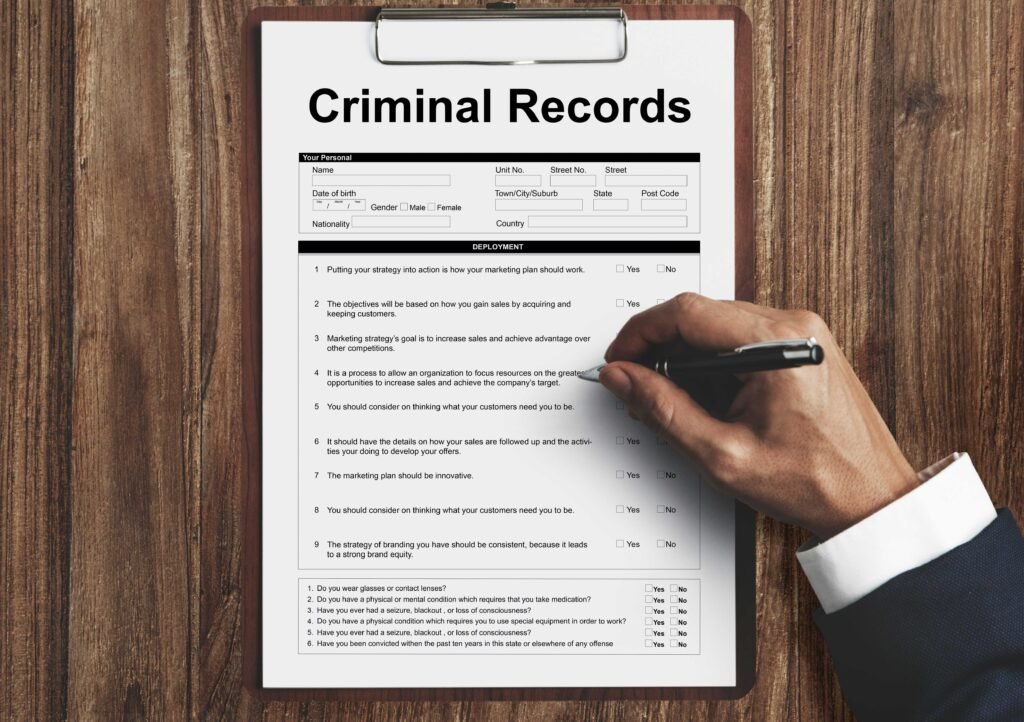
Often beyond the immediate repercussions of an offense, a young person’s future may be permanently altered by a juvenile criminal record. Although the juvenile justice system is meant to rehabilitate rather than punish, having a criminal record can seriously limit access to education, employment, and other chances that are very vital for a successful life.
Families may negotiate this challenging circumstance by knowing how to minimize the long-term effects of a juvenile record and getting in touch with a juvenile defense lawyer.
Education Barriers
The most immediate effects of a juvenile criminal record are probably related to educational possibilities. Many schools and universities request that candidates reveal whether they have a criminal past; while juvenile records are sometimes handled differently than adult convictions, they nonetheless influence admission choices.
A criminal record could be seen by institutions as a red flag, thereby excluding otherwise competent students from admission. Furthermore, several scholarships and financial aid programs can be off-limits to those with a record, therefore making higher education less accessible.
Beyond college applications, a juvenile record can also result in high school suspension or expulsion, therefore upsetting a student’s education at an important time. This disruption can reduce the likelihood of either finishing on time or continuing on to higher education.
Employment Challenges
A juvenile record can equally impact employment prospects. Background checks are common among companies, and even if juvenile records might be sealed or confidential, they are not always totally removed. In some professions, a criminal record might keep young people from landing internships, part-time work, or even full-time employment.
With a record, professions requiring a professional license—like law enforcement or healthcare—may be particularly challenging to enter as licensing boards often examine candidates’ criminal backgrounds.
Sometimes companies may have rules that, independent of the nature of the offense, automatically reject candidates with any kind of criminal past.
For those who made mistakes in their teens but have subsequently turned their lives around, this is especially disheartening. A juvenile record can cause fewer job offers and fewer career possibilities because of the stigma associated with it.
The Role of a Juvenile Defense Lawyer
Fortunately, there are strategies to minimize the effect of a juvenile record. A consultation with a juvenile defense lawyer is among the most effective actions that a family or minor may do. These attorneys can assist in several ways and specialize in safeguarding minors’ rights.
Record sealing and expungement are two options that a juvenile defense attorney can pursue on behalf of their client to lessen the impact of a criminal record on their client’s life going forward.
Although it may still be accessible to law enforcement, sealing a record means it is hidden from the public generally, including possible employers and educational institutions. Conversely, expungement—as if the offense never happened—is the total elimination of the record.
These legal remedies can enable young people to go forward with their lives more easily and help avoid a juvenile record showing up on background checks.
People have a greater shot at grabbing educational and employment possibilities that might otherwise be out of reach with the weight of a criminal record hovering over them.
Social and Psychological Impacts
Apart from the practical consequences, a juvenile record might have a significant social and psychological impact. Even as a minor, the stigma behind a criminal record can cause embarrassment and isolation. Young people’s self-esteem and personal growth may be undermined if they are branded as “troublemakers” or “criminals.”
Relationships with teachers, peers, and even family members can potentially suffer from this negative image. Those with a juvenile past often experience prejudice or judgment, which can aggravate the emotional toll the court system takes. With time, this might cause mental health problems including depression and anxiety.
Dealing with Juvenile Records Properly is Necessary
A young person’s future can be profoundly affected by a juvenile record. From restricting career prospects to limiting educational possibilities, a juvenile record can follow people well into adulthood. A juvenile defense attorney can help to reduce the consequences by using legal techniques like record sealing or expungement.
Minors have a better chance of reclaiming their futures and creating successful lives by squarely facing the obstacles presented by a juvenile record. Families in this kind of situation should investigate their legal possibilities to safeguard the future of their child and make sure that a youthful mistake does not define their whole life.
You May Like Also:

